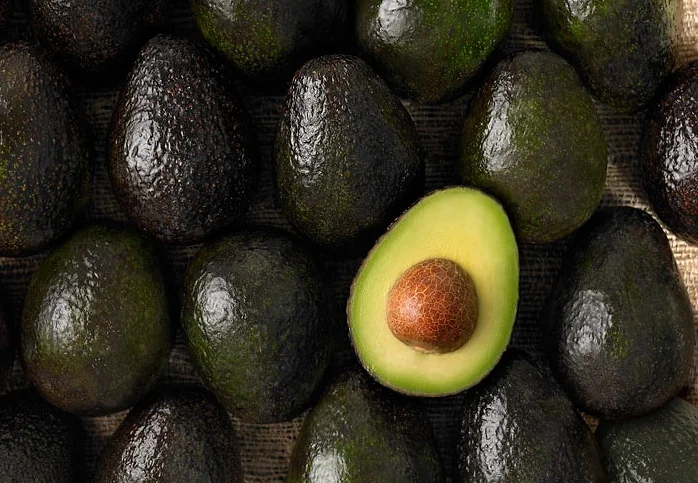This is Your Inbox Giving You Lemons

This is Your Inbox Giving You Lemons
Saturday is National Iced Tea Day (prepare your Instagram accounts!), and while we love a squeeze of lemon in our iced tea, we’re wondering if there’s a right way to squeeze? We read up, to give you the low-down…
The Current Pickle
Americans love us some lemons–we are the world’s largest consumer of the fruit. California grows over 90% of our domestically-grown fruit, yielding 1.5 billion pounds last year. Summer is high-demand time for lemons, and domestic supplies can’t quite quench our lemonade-loving thirst, so we turn to Chile and Mexico to top us up; they send over about 10% of our needs.
Argentinian lemons will be joining the party later this month, sending us even more beloved yellow citrus and ending a 16-year ban imposed by the Department of Agriculture in 2001. This is great news for budget-minded consumers–higher supply equals lower prices–but bad news for our citrus growers–lower prices equals lower profits, and some growers fear Argentine fruit may bring devastating pests and diseases. (And no, you can’t substitute a lime for a lemon during this global trade chaos–lemons are not bigger, older limes nor do they grow on the same tree!)
Fruit politics aside, we have to give Argentina props for inventing a fruit vending machine…how do we get those installed in our schools? And hospitals? And offices? And airports? And…well, pretty much everywhere?!
What’s the Dillio with Picking a Lemon?
We all know the saying, “When life gives you lemons, make lemonade,” but what if you have to BUY the lemons? No one ever tells you that part! Here’s what you need to know to pick the best:
- Give a (gentle) squeeze. Softer fruit have thinner skins, and therefore more fruit inside, so go for softer–and heavier for their size–if the juice is what you’re after. If your recipe calls for all or mostly lemon zest, the harder ones will do just fine.
- Look for bright yellow, smooth skin. Green skins are under-ripe lemons (not limes), and wrinkly skin indicates the fruit has been on the shelves too long and the fruit is past its prime.
- Don’t get (too) taken with shine. We love shiny things, and fruit companies know this, so lemons, like most fruit in the grocery store, have been sprayed with a coat of wax to up the shine factor and also help extend the shelf life. It’s USDA-regulated and considered safe to eat, but if you want to avoid the wax, scrub it off or buy your lemons from a farmer’s market.
- Organic or non? Lemons don’t make the EWG list of twelve most pesticide-ridden fruits and veggies (aka the Dirty Dozen), but they don’t make the list of the least pesticide-ridden (the Clean Fifteen) either. We encourage you to buy organic whenever possible*, but if you’re on a budget and are using the inside of the lemons, buy conventional and save your organic dollars for where it really counts. If you’re using the peel, and/or can afford it financially, buy the organic lemons.
- Branch out. While the most common is the Eureka variety–which is super acidic with a juicy pulp and only a few seeds–it’s worth seeking out other varieties like Meyer. They taste like lemons that have been infused with a little bit of orange (because they are), giving them a deeper color, subtle acidity, and sweet fragrance, adding a double-edged depth to your recipes.
*Buying organic limits your exposure and also sends a message to the entire supply chain that you support growing practices that safeguard the environment, farm workers, our water supplies, and wildlife.
The Hot Pickle
We love the taste of lemon year-round: in our beloved lemonade (fun variations here!), with grilled fish in the summer and in a comforting winter braise, but did you know lemons are also packed with health benefits and great for skincare? And their skin alone has a ton of value too!
Speaking of value, lemons are working overtime to increase breast cancer awareness. A real Renaissance fruit!
Let us know how you’re using lemons by sharing with us on social media, links below!











